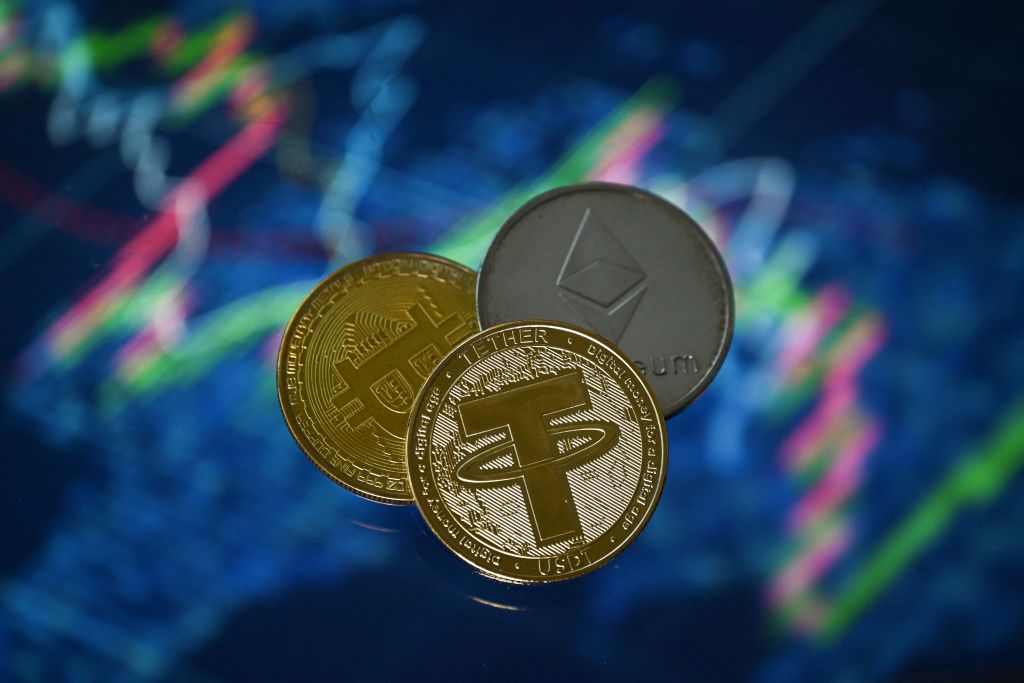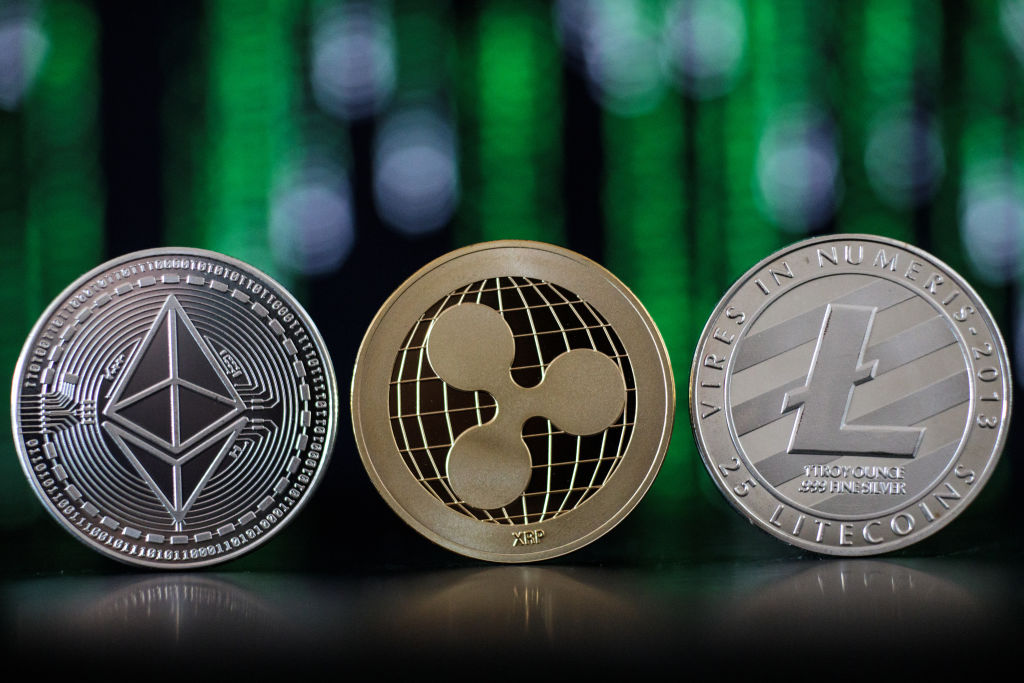Mobile Money Improves Economic Well-Being In Kenya

Access to digital financial services lifted 194,000 Kenyan households out of poverty, a new study estimates, and increased consumption levels, especially among female-headed households. The results suggest that the ability to safely store, send, and transact money - taken for granted in most advanced economies - can directly boost economic well-being. In developing countries, bank branches and fixed-line telecommunications are scarce, whereas mobile phones are plentiful. These factors have led to an increasing use of mobile money in recent years, whereby money can be used to purchase minutes, which can then be converted back into money.
Previous work has shown that increased access to mobile money has allowed individuals to benefit in the short-term, protecting themselves against income and health risks because they could draw on a wider network of social support. However, whether mobile money could also help raise the level of consumption and lift people out of poverty has been unclear. Here, to better assess the long-run impacts that such services have had on the economic lives of Kenyans, Tavneet Suri and William Jack conducted five rounds of a household panel survey between 2008 and 2014, ultimately collecting data on 1,608 households that use the Kenyan mobile money platform M-PESA.
Increased access to mobile money lifted some 194,000 households, or 2% of Kenyan households, out of extreme poverty, the researchers estimate. In many cases, it also increased long-term consumption, with the effects for female-headed households being more than twice the average. These impacts appear to be driven by changes in saving and other financial behaviors, and also by changes in occupational choice, especially for women, some 85,000 of whom moved out of agriculture and into business, the researchers estimate.












